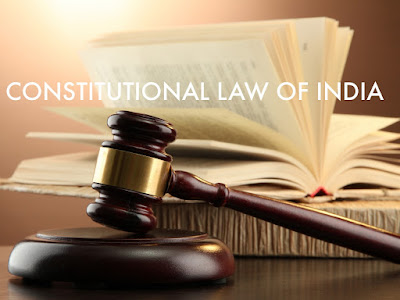Whether Lower Court Can Refuse To Proceed With The Trial of Case After Expiry of 6 Months if High Court Has Not Vacated The Stay
We are constrained to point out that in our directions contained in the
judgment delivered in Criminal Appeal Nos. 1375-1376 of 2013 [Asian Resurfacing of Road Agency Pvt. Ltd. & Anr. vs. Central Bureau of Investigation] and, in particular, para 35, it is stated thus:
“35. … …. In cases where stay is granted in future,
the same will end on expiry of six months from the
date of such order unless similar extension is
granted by a speaking order. The speaking order must
show that the case was of such exceptional nature
that continuing the stay was more important than
having the trial finalized.
The trial Court where
order of stay of civil or criminal proceedings is
produced, may fix a date not beyond six months of
the order of stay so that on expiry of period of
stay, proceedings can commence unless order of
extension of stay is produced.”
Learned Additional Chief Judicial Magistrate, Pune, by his
order dated 04.12.2019, has instead of following our judgment in
letter as well as spirit, stated that the Complainant should move
an application before the High Court to resume the trial. The
Magistrate goes on to say: “The lower Court cannot pass any order
which has been stayed by the Hon’ble High Court, Bombay with due
respect of ratio of the judgment in Asian Resurfacing of Road
Agency Pvt. Ltd. & Anr. (supra).”
We must remind the Magistrates
all over the country that in our pyramidical structure under the
Constitution of India, the Supreme Court is at the Apex, and the
High Courts, though not subordinate administratively, are certainly
subordinate judicially. This kind of orders fly in the face of
para 35 of our judgment. We expect that the Magistrates all over
the country will follow our order in letter and spirit. Whatever
stay has been granted by any court including the High Court
automatically expires within a period of six months, and unless
extension is granted for good reason, as per our judgment, within
the next six months, the trial Court is, on the expiry of the first
period of six months, to set a date for the trial and go ahead with
the same.
IN THE SUPREME COURT OF INDIA
CRIMINAL APPELLATE JURISDICTION
MISCELLANEOUS APPLICATION NO. 1577 OF 2020
IN
CRIMINAL APPEAL NOS. 1375-1376 OF 2013























